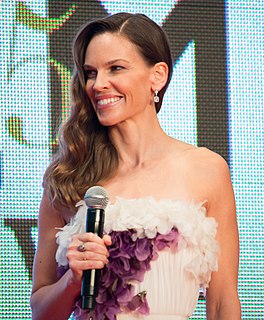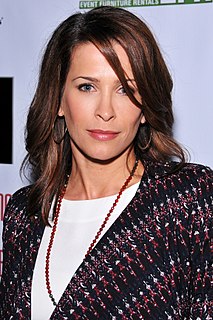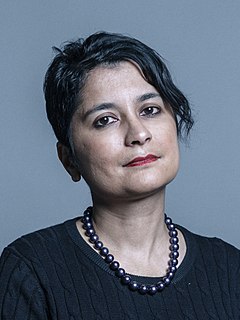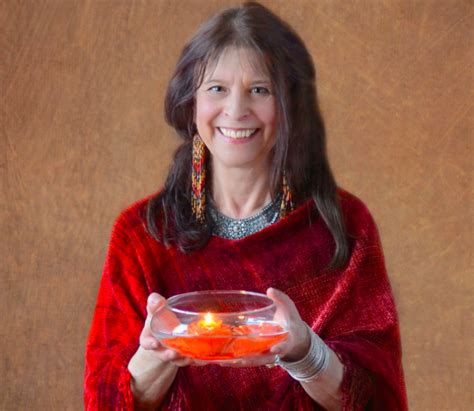A Quote by Sue Monk Kidd
I'm always captivated by stories of women who find a way to be daring - misbehaving women.
Quote Topics
Related Quotes
Marjan. I have told him tales of good women and bad women, strong women and weak women, shy women and bold women, clever women and stupid women, honest women and women who betray. I'm hoping that, by living inside their skins while he hears their stories, he'll understand over time that women are not all this way or that way. I'm hoping he'll look at women as he does at men-that you must judge each of us on her own merits, and not condemn us or exalt us only because we belong to a particular sex.
We need more female directors, we also need men to step up and identify with female characters and stories about women. We don't want to create a ghetto where women have to do movies about women. To assume stories about women need to be told by a woman isn't necessarily true, just as stories about men don't need a male director.
The Grimm brothers always said that their informants were women, which is possibly not true, women of the people. There is the constant evocation of women's voices, in the collecting and arrangement of these stories, and yet the message of so many of them is incredibly misogynist. I was very puzzled by that, and that book explores that contradiction.
I am a feminist. I reject wholeheartedly the way we are taught to perceive women. The beauty of women, how a woman should act or behave. Women are strong and fragile. Women are beautiful and ugly. We are soft-spoken and loud, all at once. There is something mind-controlling about the way we're taught to view women.






































